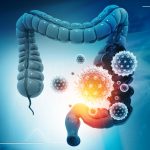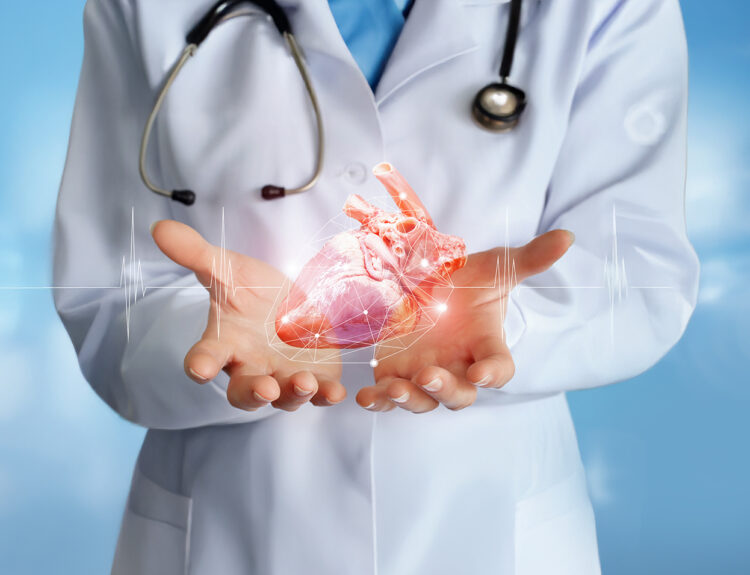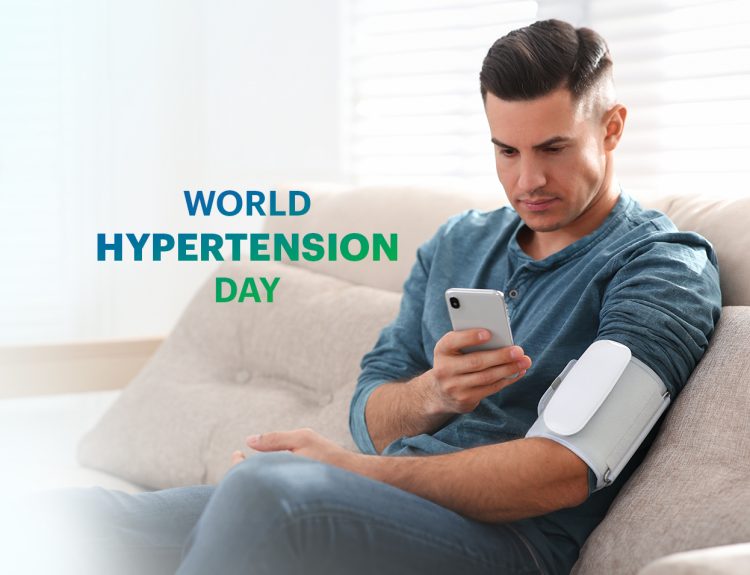Numerous studies have been conducted on the advantages of coffee consumption, however if a person has high blood pressure, they may want to limit their intake to one cup per day. A heart attack, stroke, or other cardiovascular illness might increase the chance of death for those with hypertension who consume two or more cups of coffee each day, according to a study that was published in the American Heart Association’s peer-reviewed journal. However, green tea or one cup of coffee a day didn’t have the same impact.
In this new research, we see drinking two or more cups of coffee per day may double the risk of death from cardiovascular disease in individuals with severe high blood pressure (160/100 mm Hg or higher) but not in individuals with high BP that is not considered severe. In contrast, even though both beverages contain caffeine, the study revealed that one cup of coffee and daily a cup of green tea drinking did not raise the risk of death from cardiovascular disease at any blood pressure measurement. An 8-ounce cup of green or black tea contains 30-50 milligrams of caffeine, whereas an 8-ounce cup contains more than 80 to 100 mg.
What effect does caffeine have on blood pressure?
Even if we do not have high blood pressure, caffeine can induce a brief but substantial increase in blood pressure. It is unknown what causes this increase in blood pressure. Caffeine’s effect on blood pressure varies from one person to another. According to some research, caffeine may interfere with a hormone that keeps the arteries open. Others believe that coffee stimulates the adrenal glands to produce more adrenaline, which raises blood pressure. Some people who drink caffeinated beverages on a regular basis have a higher average blood pressure than those who do not. Others who consume caffeinated beverages on a regular basis adhere to a caffeine tolerance. Caffeine has no long-term effect on blood pressure a result.
Previous research has shown that drinking one cup of coffee per day can benefit heart attack survivors by lowering their risk of death after a heart attack and can help prevent heart attacks or strokes in healthy persons. According to another study, drinking coffee on a regular basis may lower the risk of developing chronic illnesses such as Type 2 diabetes and some cancers; may help to control appetite; may help to lower the risk of depression or boost alertness, though it is unclear whether this effect is due to caffeine or something else in coffee. On the negative side, excessive coffee consumption can result in high blood pressure, anxiety, heart palpitations, and difficulty in sleeping. The study’s goal, according to senior author Hiroyasu Iso, M.D., Ph.D., M.P.H., director of the Institute for Global Health Policy Research, Bureau of International Health Cooperation, National Center for Global Health and Medicine in Tokyo, Japan, and professor emeritus, is to determine whether coffee’s known protective effect also applies to individuals with varying degrees of hypertension. As far as we are aware, this is the first study to show a connection between daily coffee intake of two or more cups and mortality from cardiovascular disease in those with severe hypertension.
High blood pressure, often known as hypertension, occurs when the volume of blood pressing against the blood vessel walls is consistently too high, causing the heart to work harder to pump blood. Mercury millimetres are used to measure it (mm Hg). According to the American Heart Association and the American College of Cardiology’s most recent blood pressure recommendations, hypertension is defined as a value of 130/80 mm Hg or greater. The study’s blood pressure requirements varied somewhat from the ACC/AHA recommendations.
The ideal and normal blood pressure range is less than 130/85 mm Hg; high normal is between 130 and 139/85- and 89 mm Hg; grade 1 hypertension is between 140 and 159/90- and 99 mm Hg; grade 2 hypertension is between 160 and 179/100- and 109-mm Hg; and grade 3 hypertension is greater than 180/110 mm Hg. Blood pressure levels in grades 2 and 3 were severe hypertension in this investigation. More than 12,000 women and over 6,570 men, aged 40 to 79 at the commencement of the study, participated in it. They were chosen from the Japan Collaborative Cohort Study for Evaluation of Cancer Risk, a sizable prospective study of individuals residing in 45 Japanese municipalities that were conducted between 1988 and 1990. Through health exams and self-administered questionnaires examining lifestyle, food, and medical history, participants gave data. Through 2009, after almost 19 years of follow-up, 842 cardiovascular-related fatalities were recorded. Data analysis for all participants revealed the following:
- People with blood pressures of 160/100 mm Hg or above were twice as likely to die from cardiovascular disease as those who did not drink two or more cups of coffee each day. No research it was proved that blood pressure increased by having a daily cup of coffee and was not related to a higher risk of dying from cardiovascular disease.
- Across all blood pressure groups, drinking green tea was not linked to an increased risk of cardiovascular disease death.
The conclusion that patients with severe high blood pressure should refrain from excessive coffee consumption may be supported by these data, according to Iso. Caffeine’s adverse effects may outweigh its preventive properties and may raise the risk of mortality because those with severe hypertension are more vulnerable to its aftermath. Regardless of the blood pressure group, individuals who drank coffee more regularly were younger, current drinkers and smokers, ate fewer vegetables, had higher total cholesterol levels and had lower systolic blood pressure (top number). The inclusion of polyphenols, which are micronutrients found in plants that have beneficial antioxidant and anti-inflammatory properties, may assist to explain the benefits of green tea.
The effects of green tea on blood pressure
There are several dietary supplements on the market, but the evidence supporting their usefulness is inconsistent. One of the most loved beverages of all is green tea. Green tea extracts are known to be antioxidants and ACE inhibitors. Green tea polyphenols also prevent lipid absorption from the intestines and aid in the conversion of cholesterol to bile acids. Epidemiologic research has revealed that green tea has a cardioprotective impact, and evidence synthesis has revealed that green tea intake relates to blood vessel relaxation. We assessed and consolidated information from clinical studies investigating the effect of green tea on blood pressure and lipid profile to evaluate the effect of green tea intake on blood pressure and lipid profile. A daily intake of 5-6 cups of green tea may result in lower systolic blood pressure, total cholesterol, and LDL cholesterol. Green tea should not be used as a replacement for the present treatment of people with hypertension or dyslipidemia. Green tea looks to be well tolerated; however excessive drinking may result in unpleasant consequences. Because the effects of long-term green tea consumption are unknown, longer-term independent clinical investigations are required.
Even though both green tea and coffee contain caffeine, the researchers are of the opinion that polyphenols may play a role in why only coffee intake related to an elevated risk of mortality in those with severe high blood pressure. There are numerous drawbacks to the study: Coffee and tea consumption were self-reported; blood pressure was measured at a single point, which did not account for changes over time; and due to the study’s observational nature, a direct cause-and-effect relationship between coffee consumption and cardiovascular disease risk among people with severe high blood pressure could not be drawn. The impacts of coffee and green tea intake in patients with high blood pressure and the consequences of coffee and green tea consumption in other nations both require additional research, according to the experts.

MDForLives is a global healthcare intelligence platform where real-world perspectives are transformed into validated insights. We bring together diverse healthcare experiences to discover, share, and shape the future of healthcare through data-backed understanding.






